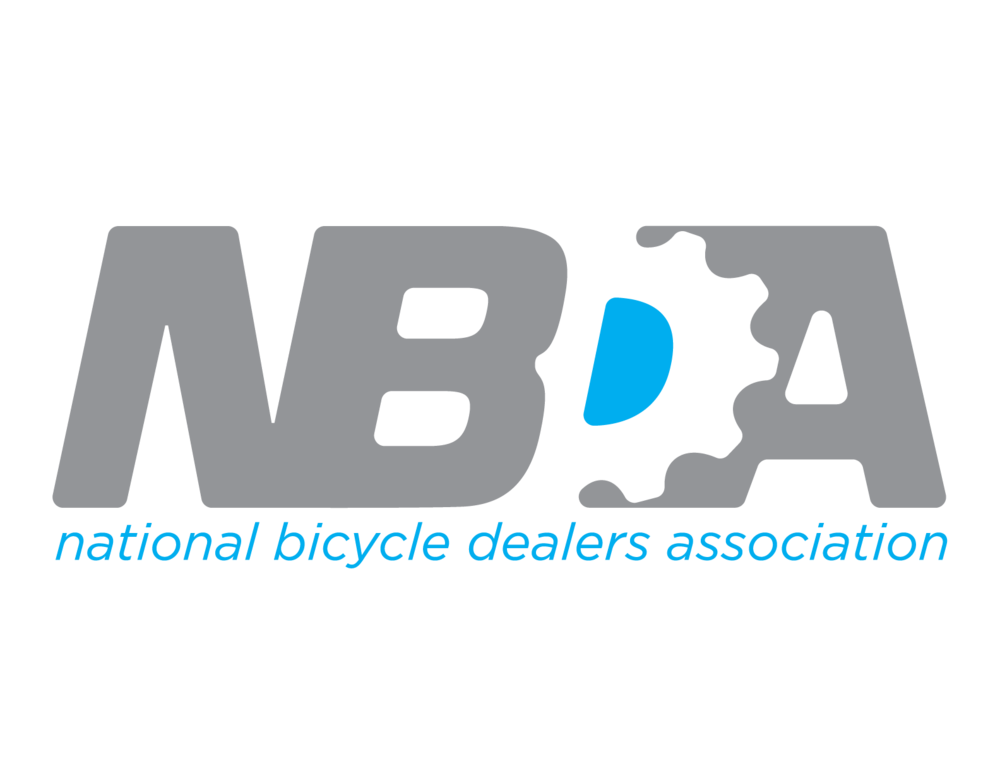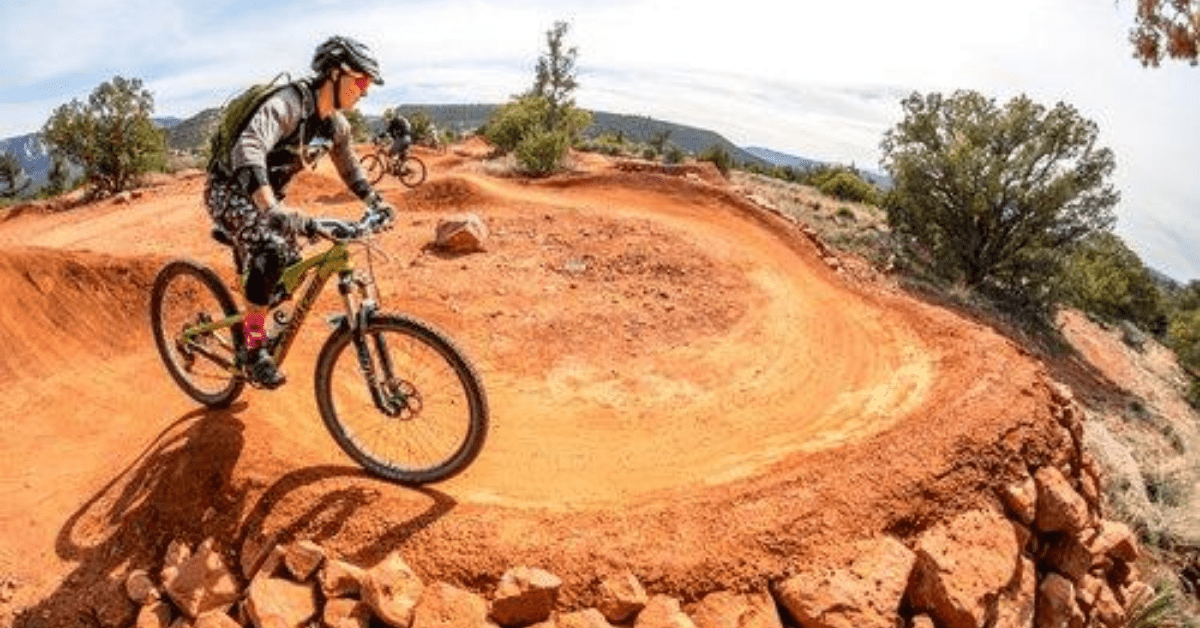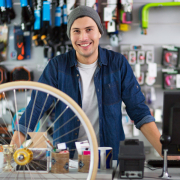Rethinking Bike Demo Days
Offsite bike demo days are one of the most effective ways of getting butts on bikes, a key step in the sales process
Words by Scott Chapin
Bicycle retailers are constantly trying to figure out how to get more—especially NEW—customers in their stores, and for obvious reasons. While many use traditional marketing/advertising methods, others are turning to “non-bicycle” related services, such as selling food, beer, or coffee. It’s simply a numbers game, in the end, and there are a lot of ways to play it.
As part of my work within the bicycle industry, I talk with a LOT of bicycle retailers (manufacturers, too), and frequently end up discussing their marketing plans. When I hear a unique marketing concept, I take note. Recently, one of my bike shop clients told me, “I’m tired of waiting for customers to come to our shop; instead, I’m bringing the shop to them, and doing two or three bike demo days a month.”
There’s an awful lot of hand-wringing in our industry about online sales, but the fact remains that most people are unwilling to purchase a bike—particularly a high-end one—without actually riding it first. Selling high-end mountain bikes, for example, can be more difficult if your customers can’t test ride on a legitimate bike trail. The obvious solution—and the opportunity that brick-and-mortar stores have over online stores—is hosting off-site bike demo days.
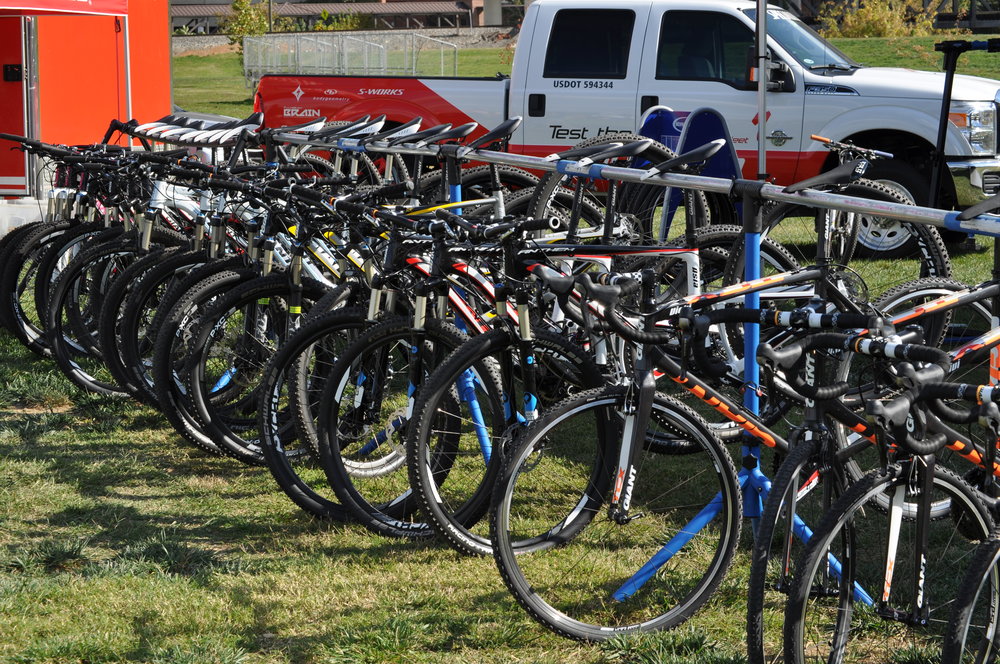
Flickr/RoanoakeOutside.com
The Standard MTB Demo
Many shops organize their own mountain bike demos, while others partner with bicycle manufacturers. The obvious place to have an off-site demo day is at a local trailhead. Personally, this is where my wife and I test rode the last four bikes we purchased. Co-sponsoring a demo day with a manufacturer is extremely effective because many retailers don’t have an efficient means of getting every model and size to a trailhead. Most major brands, meanwhile, have at least one traveling demo trailer (though they tend to be in high demand).
Electrifying Demo Sales
But demo days are an effective sales tool for more than just mountain bikes. Look no further than the e-bike industry, which has taken the concept of “demo days” to a whole new level. E-bike retailers are hosting demo days at townhome/condo associations, RV and camping shows, golf courses, and corporations, as well as at paved trailheads. I’ve also seen them display and demo at hunting/fishing shows with incredible success. With their newer, less proven technology, e-bike retailers know (and this is something too many of us have forgotten) that experiencing a smoother/faster/easier/you-name-it ride isn’t just another part of the sales process—it’s very often the key to it. So they spend a great deal of time and effort on demo days (to great effect), knowing that “waiting for customers to show up” is inefficient at best, and perhaps even lazy.
Many eBike retailers are also creating “experience” by having multiple group rides a week, especially ones at a relaxed pace that make multiple stops for coffee, snacks, and lunch. The customers who love those rides ultimately invite their friends, who “demo” a bike for the ride, fall in love with it, and make a purchase. It’s proven a very effective model, and most e-bike retailers will tell you that a high percentage of their sales can be traced to demo opportunities.
Demo Your Way
Bike shops really need to think about the “type” of bike demos they are doing. If your core business is selling high-end mountain bikes, then having the demo at a local mountain bike trailhead makes good sense. In fact, many retailers keep a consistent schedule of when they’ll have their fleet at local trailheads.
Commuter shops, on the other hand, may consider a “trade-up for a day” demo. This gives their customers the opportunity to try a new bike without interrupting their commute and gives them ample time to think about how much better the demo bike is than their current ride.
Plenty of shops like to hold their demos near paved rail trails because some of their customers are more comfortable riding on a flat, paved trail where there’s little to no potential for vehicular contact.
A Case Study
New Moon Bike in Hayward, Wisconsin has experienced good ROI on its demo efforts, but with a few caveats. “As a smaller dealer, it’s been difficult to host weekend demos,” says owner Chris Young, “since high-profile events usually draw both mainstream and boutique brands for demos.” But, with ample lead time and focused publicity, he says that even weekday demos can draw a crowd. “I’m always surprised at how well-informed demo riders are when they arrive. They usually come with a clear idea of what bikes they want to test, and have key questions lined up for brand personnel.” To maximize ROI, he focuses on publicity via store newsletters, press releases, and Facebook. Plus, his brands publish demo calendars via their web and social media channels. “I make an effort to generate some chatter with potential riders,” he continues, “asking what they’re interested in testing. Pre-demo dialogue with individuals translates to more follow-through on post-demo purchases.” Those post-demo purchases can take time, though—from a week to five months is the selling timeframe for New Moon. “Demo shoppers often aren’t in a hurry to decide, so patience and careful follow-up with customers is key. Make sure riders get all their product questions answered, either at the demo or through correspondence in the days or weeks following.”
New Moon also goes the extra mile to ensure its demos are fun, family-friendly events. “An important part of our demo success is making the demo a family-friendly experience. Having a potluck or BBQ and beverages alongside the demo has proven quite worthwhile. I always try to bring some kids’ bikes from the shop, so that all ages can get in on the test ride experience.” As such, he says a trailhead with lots of visibility and space is helpful, and that a variety of MTB and road route options is a must.
All of this is to say that demo days can encompass a lot more than just bringing bikes to a trailhead, and they offer a great opportunity to meet customers where they’re riding, make personal connections, and, just as important, sales.
Cover Your Assets
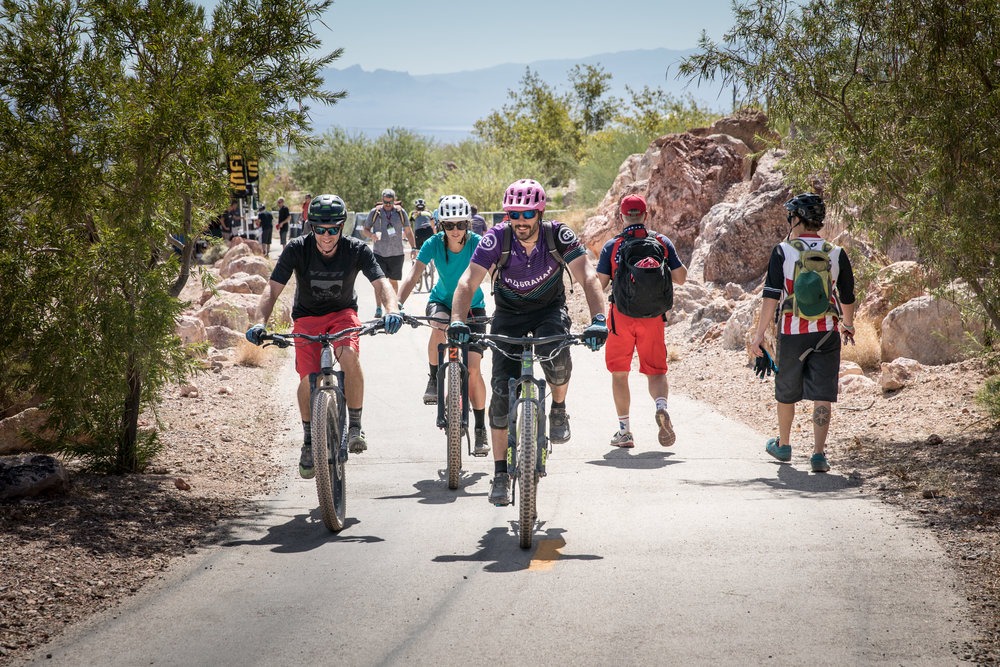 Protect yourself against the risks of taking product beyond shop walls
Protect yourself against the risks of taking product beyond shop walls
Bringing “bikes to the people” is a great sales tactic, but it also means taking your most expensive inventory beyond the walls of your brick-and-mortar shop, where they’re no longer covered by your standard insurance policy. Here are some tips and specific coverages for reducing risk—and protecting your investments—at demo days.
Maintain the Bikes
It’s extremely important to make sure the bikes are in perfect working order. Most of the large claims we see within the insurance industry are related to a failure to properly adjust, repair, or build a bike that causes bodily injury to a customer. To protect against that, it’s common practice for demo mechanics to have a working pre- and post-ride checklist, as well as have all riders sign a release of liability.
Rent Your Transport Vehicle
One less obvious risk of hosting a shop-sponsored demo day is transporting bicycles. Many shops don’t have a vehicle that can transport a whole fleet of bikes, which sometimes leads to them asking their employees to help move the bikes. If an employee were to get in an accident, though, it puts liability on the shop. Hired and Non-Owned Auto (insurance) coverage can protect against this exposure, but your best solution is to rent a larger vehicle and purchase liability insurance from the rental company.
Insure Your Bikes for Their Full Value
Make sure you have sufficient coverage for the off-site property exposure. Most insurance policies provide limited coverage for “Property Off Premises,” as well as Transit coverage. If you will have $50,000 of bikes at the demo, and only have $5,000 of coverage, you could be in trouble in the event of a large claim.
Stop Thieves from Winning
We also see several test rides end badly when bikes are stolen. A specific coverage—Voluntary Departure of Property—can protect against this. Without it, a bike that’s stolen on a test ride won’t be covered and will be a complete loss.
Scott Chapin is an accomplished mountain bike racer and a bicycle industry risk specialist with Marsh & McLennan Agency.
 The NBDA has been here since 1946, representing and empowering specialty bicycle dealers in the United States through education, communications, research, advocacy, member discount programs, and promotional opportunities. As shops are facing never-before-seen circumstances, these resources offer a lifeline. Together, we will weather this. We at the NBDA will not waver in our commitment to serving our members even during this challenging time—but we need your support.
The NBDA has been here since 1946, representing and empowering specialty bicycle dealers in the United States through education, communications, research, advocacy, member discount programs, and promotional opportunities. As shops are facing never-before-seen circumstances, these resources offer a lifeline. Together, we will weather this. We at the NBDA will not waver in our commitment to serving our members even during this challenging time—but we need your support.
Now is the time to become a member as we join together to make one another stronger. Whether you’re a retailer or an industry partner, your membership in the NBDA is one of the best investments you’ll make this year.
Learn more about the benefits of being a member and join now.
